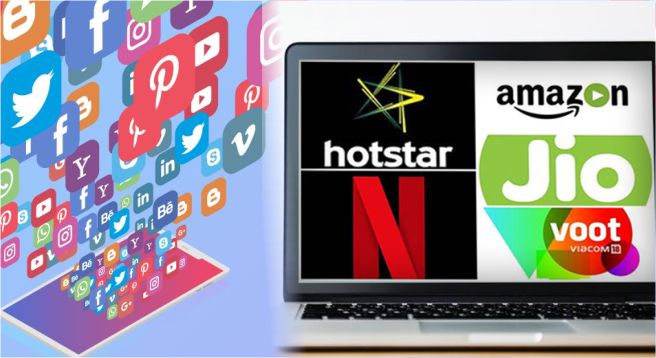Most of the entertainment and social media companies have shied away from taking an official stand on the new norms announced yesterday by the Indian government for OTT and SM platforms.
The Internet and Mobile Association of India (IAMAI), which had appealed to the government to hold further public consultations on the draft rules for SM and OTT platforms two days back, yesterday welcomed the guidelines that were formally notified late evening yesterday.
In a tweet, the association said, “IAMAI has welcomed the much awaited Intermediary Guidelines 2021. The guidelines, focused primarily on consumer complaint, will help users of online content and social media resolve their complaints in a process oriented manner.”
“IAMAI has welcomed the much awaited Intermediary Guidelines 2021. The Guidelines, focused primarily on consumer complaint, will help users of online content and social media resolve their complaints in a process oriented manner”@PMOIndia @GoI_MeitY @MIB_India
— IAMAI (@IAMAIForum) February 25, 2021
Facebook said the new regulations, which will take effect in three months, would be carefully studied, news agency AFP reported.
But apart from some sparse reactions, the big companies refrained from making any official comment taking refuge behind ‘we-are-still-studying in-detail-the guidelines’ approach.
The sweeping changes that the SM and OTT platforms, and publishers of digital news will have to undertake under the new regulatory regime — described largely by the government as empowering self-regulation — range from short-notice takedowns of content, adhering to broad set of rules till now followed by newspapers and TV channels, investing in additional manpower and re-classification of existing content as per new norms on streaming platforms, coming out with monthly compliance reports by significant SM platforms and putting in place mechanism to verify age of a consumer wanting to watch `A’ certified content, amongst a host of other criterion.
While a senior industry personality on condition of anonymity did point out that the self-certification of content clause could balloon into a `legal trap’, a lawyer with a Mumbai-based law firm chuckled that this could open up or aggravate litigations at some stage.
IBW.com had earlier reported on the various norms listed out in the new rules and the reports could be read at:-
https://www.indianbroadcastingworld.com/prasad-javadekar-ott/ and https://www.indianbroadcastingworld.com/all-ott-shows-to-have-5-categories-of-classifications-get-certification/
Commenting on the rules for social media platforms, Apar Gupta, executive director of India Freedom Foundation, a digital rights advocacy group, told AP wire service the government asking social media platforms to give details about originators of information “undermines user rights and can lead to self-censorship if users fear that their conversations are no longer private.”
Even as the industry and lawyers go into the fine print of Information Technology (Intermediary Guidelines and Digital Media Ethics Code) Rules, 2021, another lawyer, specialising in TMT sector lauded the government for clear-cut directions, adding, “One can have a view on the new guidelines, but it has to be admitted the whole process has been very well thought out.”
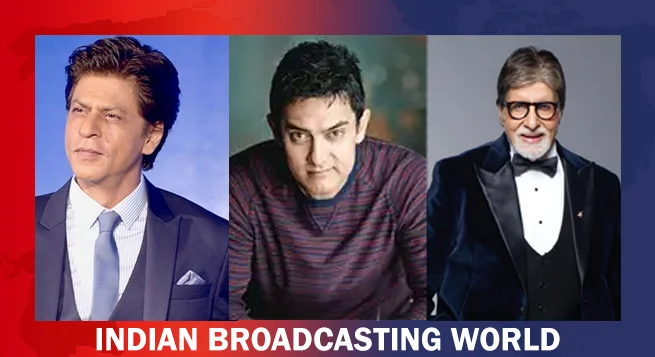 SRK, Aamir, Big B, Ted Sarandos, WPP CEO, MPA chief, other stars, to headline WAVES
SRK, Aamir, Big B, Ted Sarandos, WPP CEO, MPA chief, other stars, to headline WAVES 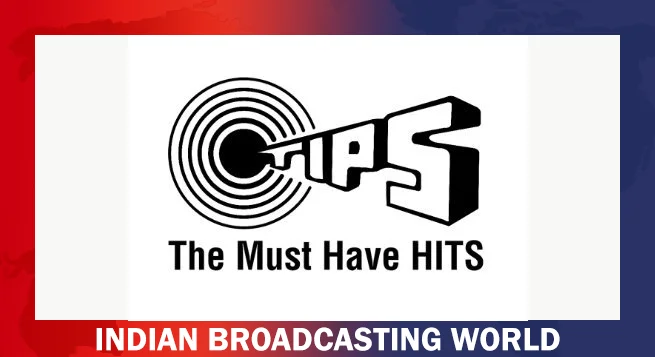 TIPS Music ends FY25 on high note with 29% revenue growth
TIPS Music ends FY25 on high note with 29% revenue growth 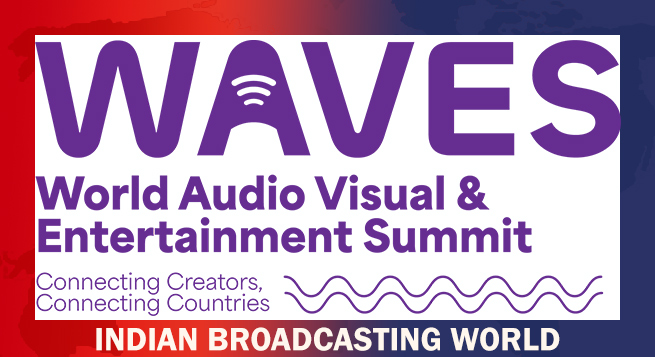 WAVES’ Bharat Pavillion to showcase Indian media’s evolution,culture
WAVES’ Bharat Pavillion to showcase Indian media’s evolution,culture  Telecom subs base up marginally; Trai withholds updated b’band data
Telecom subs base up marginally; Trai withholds updated b’band data 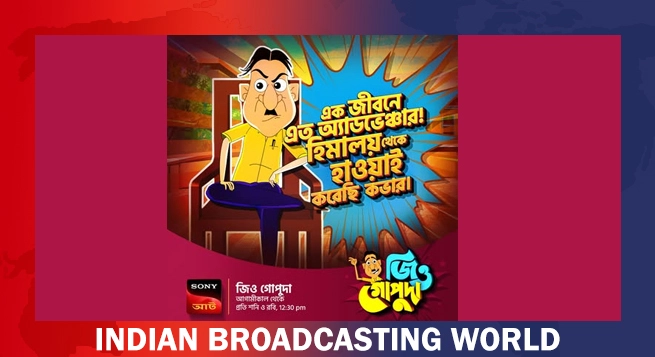 Sony AATH to launch ‘Jiyo Gopuda’ on April 26
Sony AATH to launch ‘Jiyo Gopuda’ on April 26 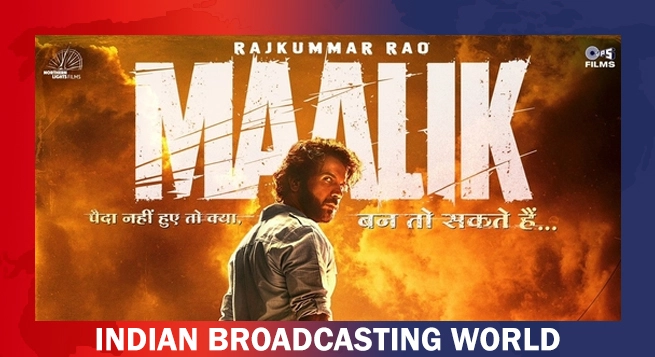 Rajkummar Rao’s ‘Maalik’ gets new theatrical release date
Rajkummar Rao’s ‘Maalik’ gets new theatrical release date 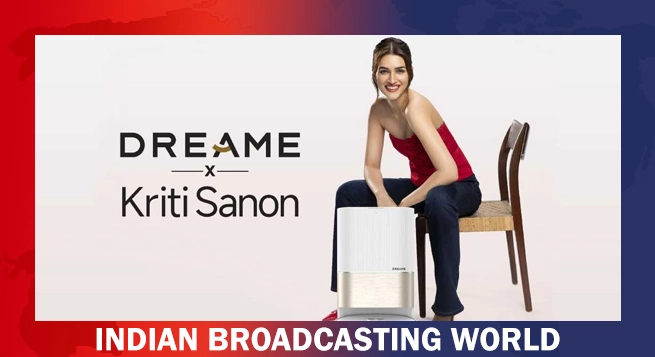 Kriti Sanon joins Dreame as brand’s first-ever ambassador in India
Kriti Sanon joins Dreame as brand’s first-ever ambassador in India 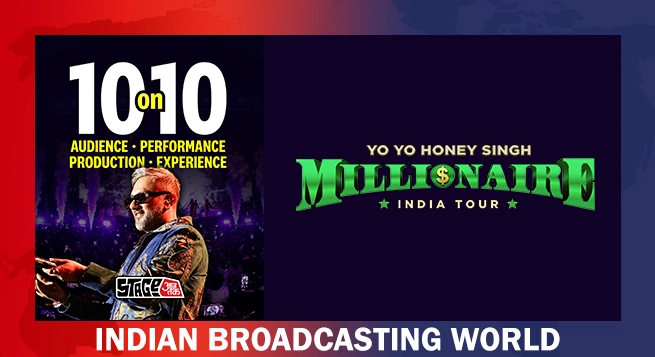 YO YO Honey Singh, Stage Aaj Tak wrap up ‘Millionaire Tour’
YO YO Honey Singh, Stage Aaj Tak wrap up ‘Millionaire Tour’ 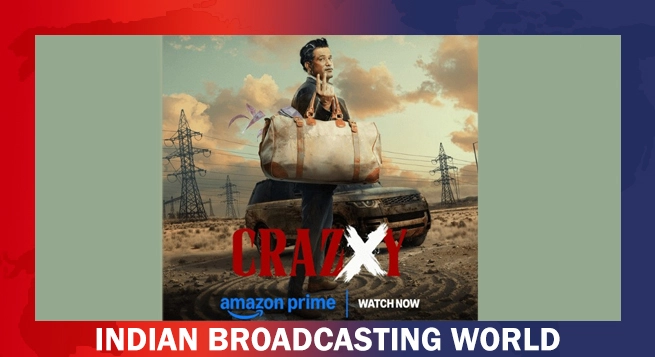 Prime Video announces global premiere for ‘Crazxy’
Prime Video announces global premiere for ‘Crazxy’ 


